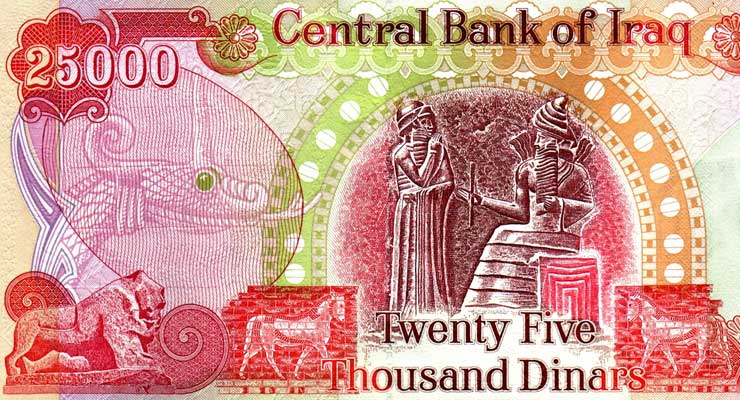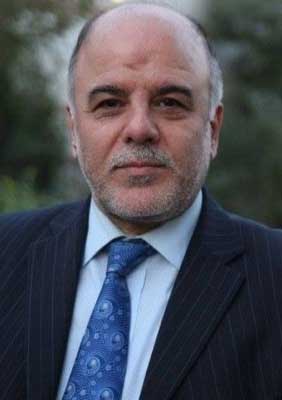
Lawmakers in Iraq’s Parliament have approved a number of new reforms, passed on Tuesday August 11th, which some in the country have said can succeed in dealing with the chronic corruption problem that has plagued the nation since at least Saddam’s overthrow in 2003. Others however caution the reforms are moving the country toward a system in which too much power is once again vested in one person. Amid the chaos of modern Iraq, the very region’s stability is at stake.
Iraq has been a hotbed of corruption throughout the political sector and feeding into other sectors of the government like the police force, accused of charging produce truck drivers who are entering Iraq $1,500. “I promise to continue on the path of reform even if it cost me my life” Iraqi Prime Minister Haider al-Abadi said in a tweet on August 11.

“This is a historical moment for Iraq and a radical turn for Iraq’s political system” Shia Member of Parliament Nadhum al- Saadi said in support. In what is seen as a rare moment of political and ethnic unity in a country that has been long divided amongst those lines, no members of Parliament voiced their opposition for the law when the time to vote came.
However despite all of the praise that the new law has received for fighting corruption, there have been concerns that have been voiced because of provisions within the law which allows for the Prime Minister to eliminate the three positions of Vice President and the three positions of Deputy Minister, including the position of former Prime Minister Nori Al- Maliki. Maliki was the first Prime Minister in Iraq after the overthrow of Saddam and is blamed by many for feeding the sectarian divide within the country.
“Today’s move will be the first and not the last to continue in the path of the reform with the same spirit and without any hesitation” Iraq’s Parliamentary speaker, Saleem al- Jabouri said regarding the passage of the law.
“It was unanimously approved” the speaker continued.
In a nationally infamous example of corruption which has more of a national implication, the former trade minister, Abdul Falah al Sudani was accused of taking kickbacks and embezzlement money and eventually forced to resign in 2009. Recently, the trade minister, along with two relatives, later had warrants issued for their arrest.
These were just some of many incidents that have affected everyday Iraqi’s in the form of corruption within their government.
Despite all of the optimism for the new reforms, there are some who feel the law is not a good thing and gives too much power to one individual. “The prime minister’s decision will increase the concentration of power in the hands of one person and one party” Vice President Ayad al- Allawi said. Mr. al- Allawi’s position in Government will be eliminated because of the agreement. There was also protest in the capital city against the law.
Ultimately it would be to the Iraqi people’s benefit for them to keep track of their government’s political reforms and to put pressure on their legislators so that way their country does not move back toward the dictatorial rule of Saddam Hussein.
Leave a Reply